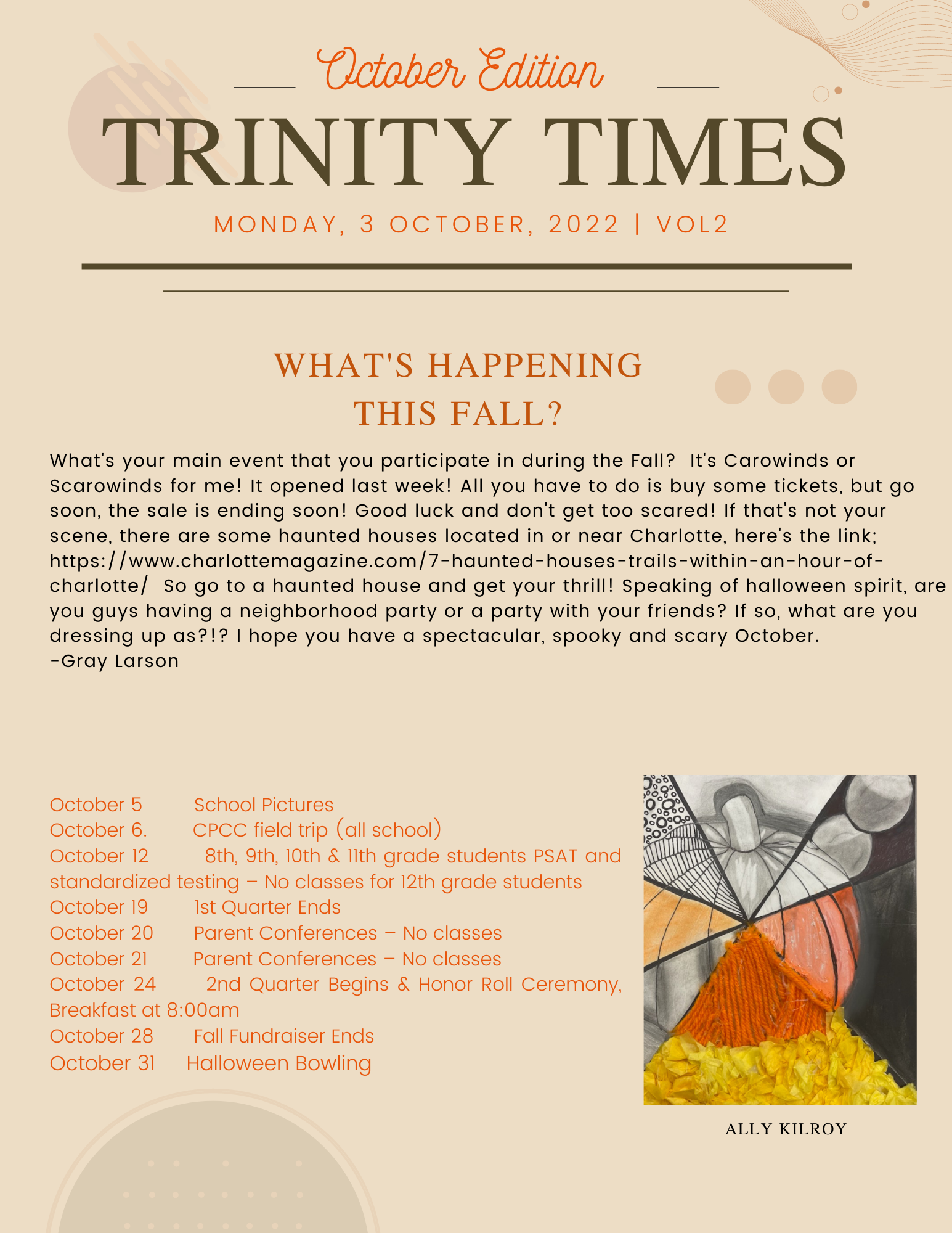Depression is a complex illness because unlike the flu or rash, the symptoms of depression can be difficult to spot and may appear slowly over time. As a parent, the idea that your child is struggling with an illness that takes more than just medication to treat can make us question how well we have done our job. If you think there is a possibility your child has depression here are some indicators you can look for.
Feeling Hopeless- This is one of the most common indicators of depression because it trickles down into other aspects of someone’s life. Feeling hopeless can lead someone to start internally asking the question ‘why bother?’ or ‘why does this matter’ about everything in their life. The hopelessness can start to make them think things like their friends, school, and family aren’t important, which can lead to poor grades and fighting with loved ones.
Irritability or Hostility- A person with depression is dealing with a tsunami of hopelessness and sadness, so when they are forced to do mundane tasks that in their minds are unimportant they can have a hostile reaction. As a friend or family member, it is important to try and remember that the hostility is coming from depression and not the actual person.
Extreme Fatigue- Sleeping all day and night, or being constantly tired is a sign many doctors look for when diagnosing someone with depression. Sleeping frequently stems from hopelessness and leads to people thinking ‘what’s the point in getting out of bed because nothing matters.
Other Signs And Symptoms
- Changes in eating habits
- Drug or alcohol abuse
- Reckless behavior
- Restlessness or agitation
- Thoughts of self-harm
What do you do?
As scary as all these things may seem, living with teens with depression can lead happy and healthy lives, it just takes work. One of the most significant challenges for parents of teens with depression is the desire to find immediate solutions, but the truth is an instant solution is unrealistic. It is essential to try and understand your loved one’s situation and put yourself in their shoes. Ask questions about how your loved one is feeling, and focus on letting them know that you accept them and just want what is best for them.
Treating Depression?
Studies have shown the best ways for teens to deal with depression is a combination of finding a medication that works, and being able to have an open dialogue about their feelings. Finding the right medication can take a long time, and be a frustrating process, but finding the right one can be the key to helping a teen with depression live their best life. It is essential to talk to your family doctor about symptoms, and if necessary allow your child to speak to the doctor alone and ask any questions they need. If your teen is too uncomfortable talking to you about their problems, you can ask your doctor for recommendations for a counselor or psychiatrist who works with teens and kids. If those are not an option for you financially, try speaking to your school about your teen speaking with a guidance counselor or school psychologist.




